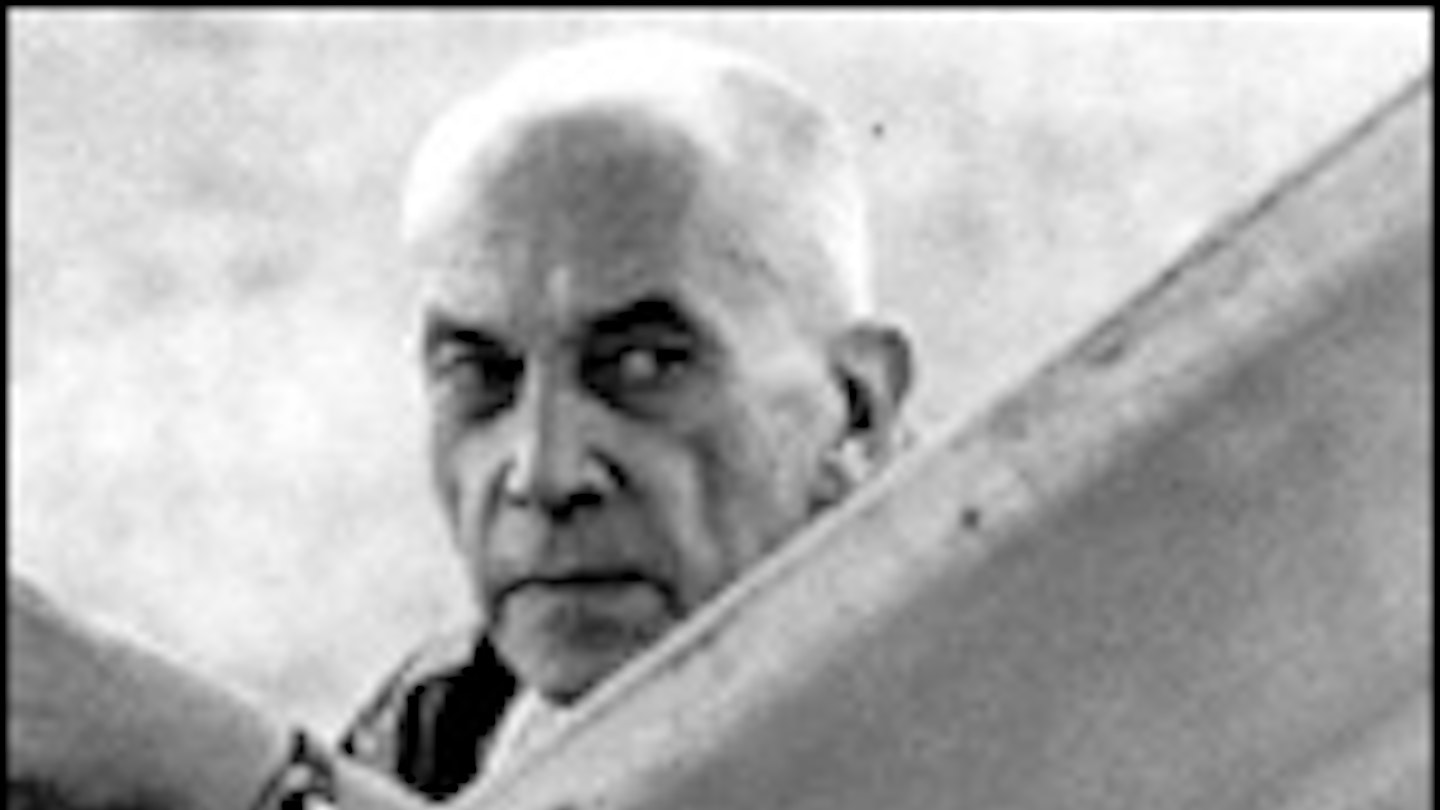Chris Marker, the French filmmaker, photographer and essayist who did so much to inspire and influence modern sci-fi, has died. He was 91.
Born Christian François Bouche-Villeneuve, Marker always jealously preserved his privacy, eshewing interviews and cultivating an air of enigma that crossed over into his work. Even his birthplace is disputed, with Neuilly-sur-Seine and Mongolia both mooted, although he did spend the war years in the French Resistance and the US Army in Europe.
Emerging as a key figure in the Paris Left Bank in the post-war years, he wrote for Cahiers du Cinéma and published novels, poems and essays before turning to documentary and feature filmmaking.
Smart, cerebral and provocative, Marker's films were marked by a genius for experimentation, bold themes and, in the case of pro-Castro treatise ¡Cuba Sí!, a political bent that alienated as well as inspired.
His greatest work, though, was La Jetée ('The Jetty') in 1962. The 27-minute short crammed in enough dystopian nightmarishness to fuel the imagination of filmmakers from Terry Gilliam, who famously remade it as Twelve Monkeys in 1995, to Richard Kelly and Duncan Jones. Set partly in Orly Airport after a nuclear holocaust, it uses photomontage to follow the fate of an unnamed prisoner (Davos Hanich) sent back and forward in time by his interrogators.
Longer but equally innovative, docu-travelogue **Sans Soleil **(1983) blended fictional and factual strands into a languid essay on memory and history. Its budget was so small that Marker told of capturing the audio track on a cassette recorder.
In his later years Marker enthusiastically adopted digital technology, using it for multimedia installations at the MoMa in New York and films like Level 5 (1996) and **Immemory **(1998).
He will be remembered as a true pioneer of filmmaking in all its guises. Alain Resnais, with whom Marker worked as assistant director on Night And Fog in 1955, described him as "the prototype of the 21st century man".
